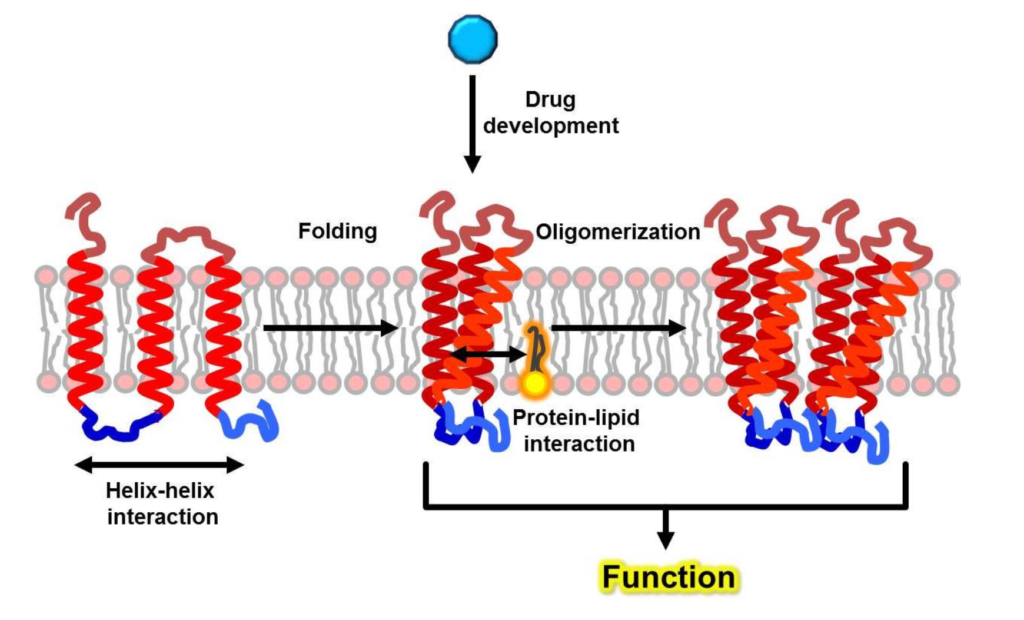Accessibility Statement for Masstruct
Masstruct is committed to ensuring its website is accessible to all users, including individuals with disabilities. We strive to comply with the European Accessibility Act (EAA) 2019/882 and the Web Content Accessibility Guidelines (WCAG) 2.1 Level AA to provide an inclusive digital experience.
We believe everyone should have equal access to information and services, and we are actively maintaining our website to meet or exceed accessibility standards.
Compliance Status
This website is fully compliant with WCAG 2.1 Level AA.
We have taken steps to ensure that all content and functionality are accessible via keyboard navigation, screen readers, and other assistive technologies. The site uses appropriate semantic HTML, sufficient contrast, descriptive links, text alternatives for non-text content, and supports text scaling and navigation without a mouse.
Preparation of This Statement
This statement was prepared on June 20, 2025.
It is based on an internal accessibility review using:
Automated tools (e.g., WAVE, Axe)
Manual code review and testing
Compatibility testing with assistive technologies such as screen readers and keyboard-only navigation
The statement was last reviewed on June 20, 2025.
Feedback and Contact Information
If you encounter any accessibility barriers while using this website or need information in an alternative format, please contact us. We welcome your feedback and will do our best to resolve any issues promptly.
Email: info@masstruct.org
Phone: +30 210 9656310 (ext. 248)
Address:
Masstruct
Biomedical Sciences Research Center “Alexander Fleming”
34 Fleming Street
16672 Vari, Greece
We aim to respond within five business days.
Specifically, the Group focuses on the development and application of structural MS techniques to interrogate the structure, dynamics, and function of challenging membrane proteins. Membrane proteins constitute the main targets of most known drugs. However, structural knowledge of these important biomolecules is limited by the lack of tools that can accurately monitor their conformational states and structural motions in physiologically relevant conditions. Research in the Group will address such challenges by developing the emerging HDX-MS technology to interrogate the dynamic signatures of membrane proteins and their complexes.


